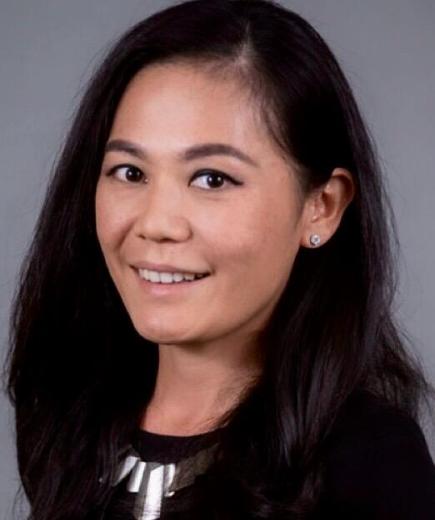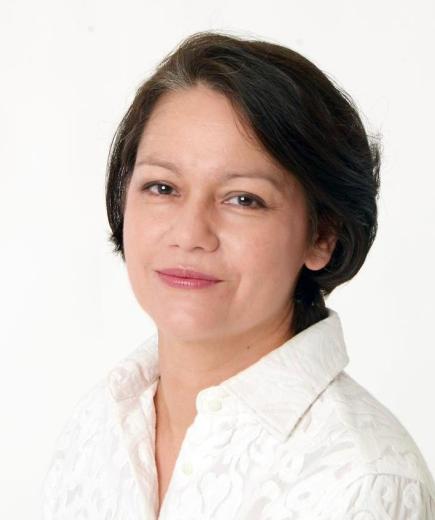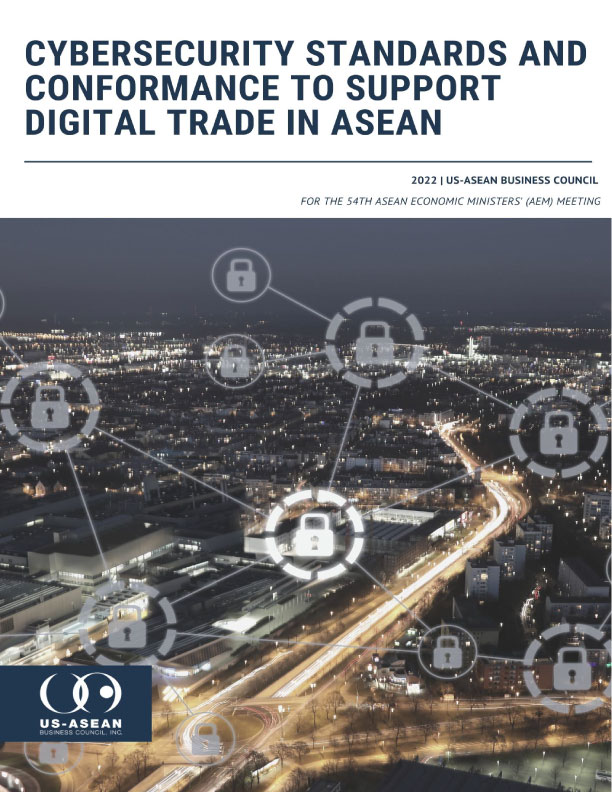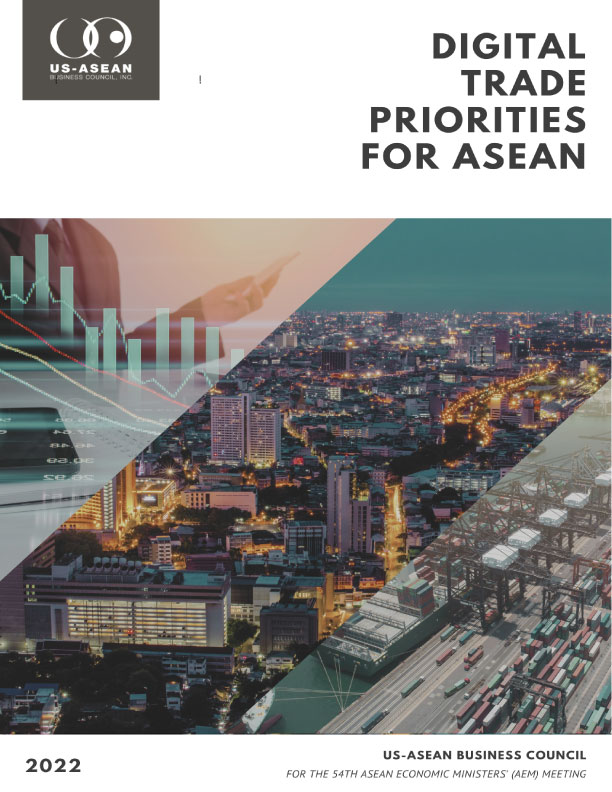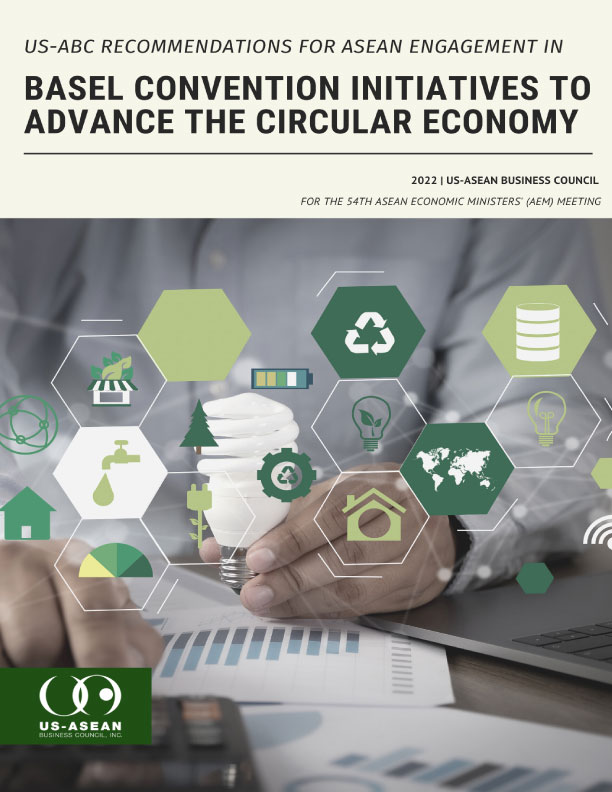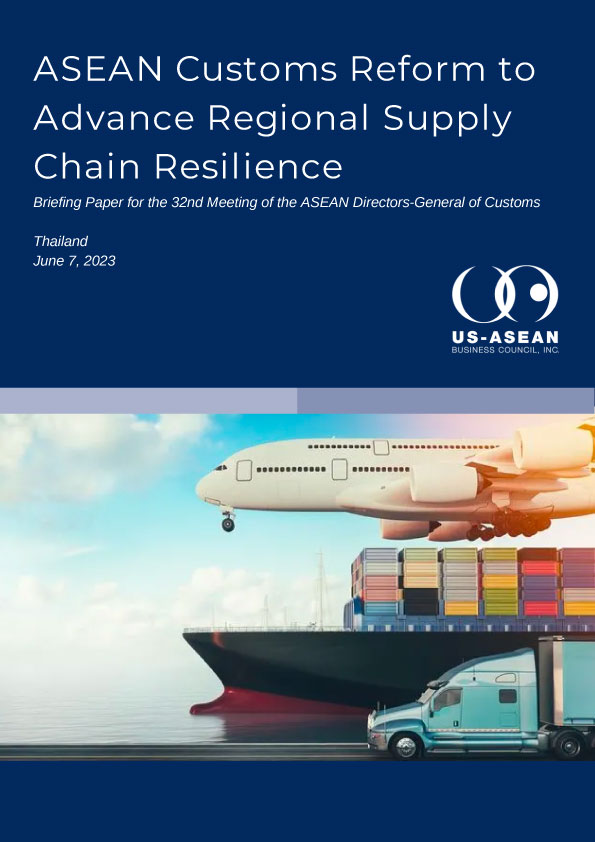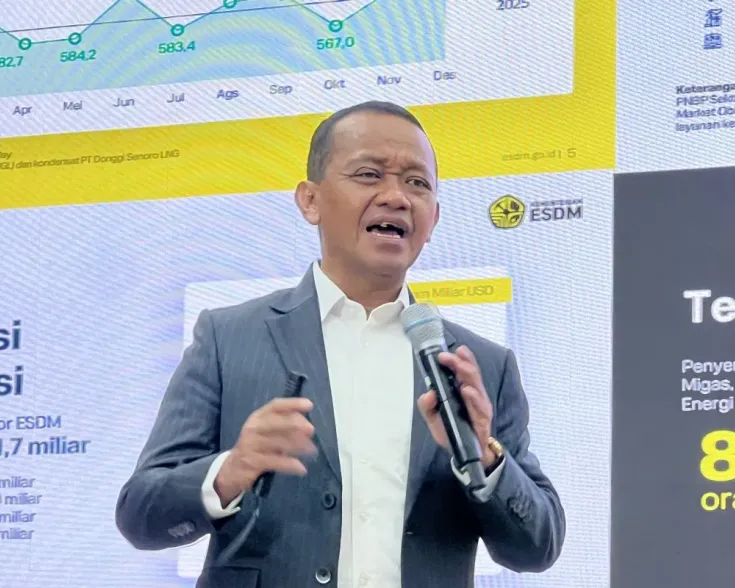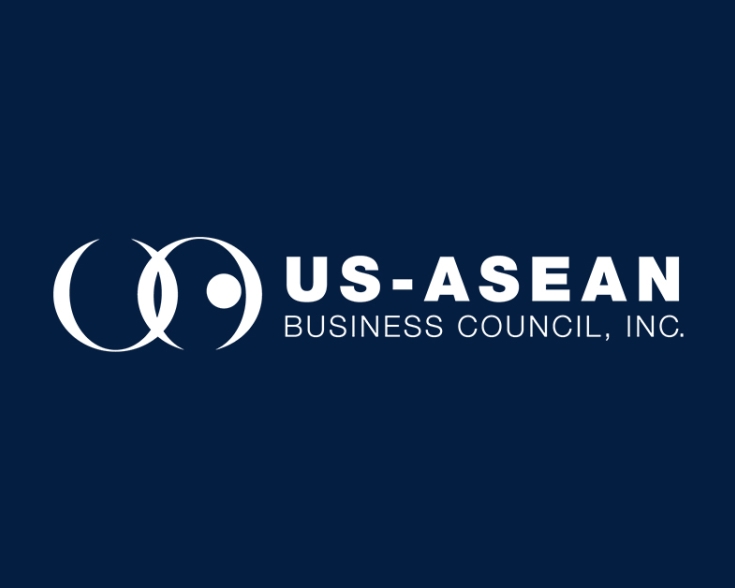CMEA Visits Washington D.C., Pursues Non-reciprocal Response to the US Reciprocal Tariff
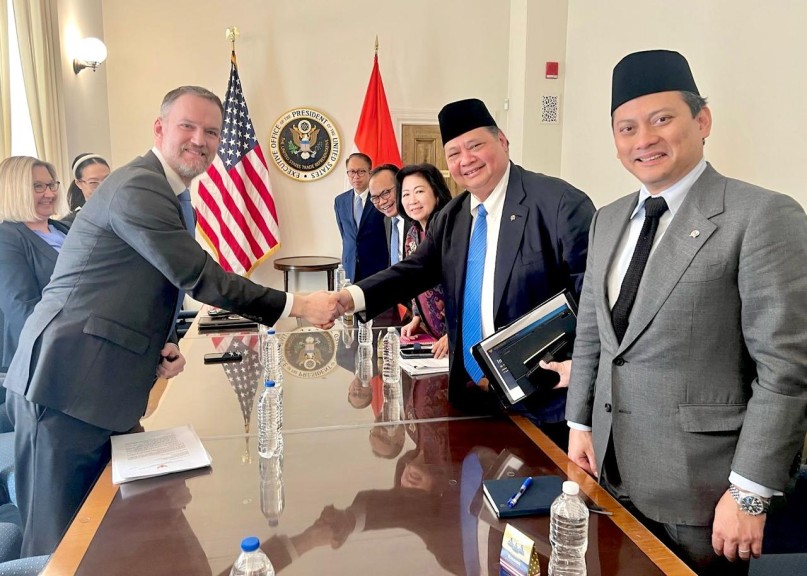
On April 17, Coordinating Minister of Economic Affairs (CMEA) Airlangga Hartarto met with Secretary of Commerce Howard Lutnick and U.S. Trade Representative officials, in Washington, D.C. During the meetings that were described by the Minister as “warm, constructive and fluid”, both parties agreed to the scope and format of negotiation, comprising 60-day multi-stage technical discussions beginning on April 17, 2024 following the bilateral meetings.
The scope for cooperation to be negotiated includes trade, investment, critical minerals, and resilient supply chains. Minister Airlangga proposed to reduce trade gaps and increase cooperation on energy, agriculture, capital goods, minerals, defense, education and labor-intensive sectors. Indonesia pledged to ease of import for American horticulture, B2B investment, human capital, engineering, digital economy and financial services.
In addition, the Indonesian government has proposed reforming Non-Tariff Measures, including deregulation in various sectors such as Local Content Requirements, import licensing, taxation, and quota management. Indonesia also offered improved incentives packages and facilitation for US companies in Indonesia. On the other hand, CMEA requested that the U.S. government consider reducing import tariffs on certain Indonesian goods, such as garments, textiles, furniture, shrimp, etc., which are currently higher than those from other ASEAN countries.
Ahead of the negotiation, Minister Airlangga reaffirmed Indonesia’s non-retaliatory approach supported by diplomatic engagement, industry consultation (first session on April 7) and the creation of a Task force on labor and termination and a Task Force on deregulation. The government has also formed a Special Task Force for Resolving Investment Barriers, which according to the National Economic Agency Chairman, Luhut Pandjaitan, was formed based on USABC’s recommendation made during the 2024 Indonesia Business Mission.
As a part of our members’ efforts to emphasize how Indonesia matters to the U.S and the U.S matters to Indonesia, USABC submitted recommendation letters to Coordinating Minister Airlangga Hartarto and the U.S. Commerce Secretary Howard Lutnick. In addition, USABC members and USABC President & CEO had a series engagements with Deputy Minister Edi Pambudi and with Minister Airlangga Hartarto, respectively, in Washington DC on April 23, 2025.


